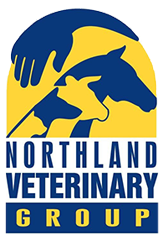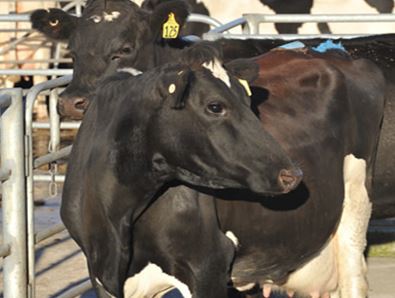Dirty cows cost you income by not cycling or conceiving, leading to fewer days in milk and a higher empty rate. The research shows they do not self cure, so get onto checking them early.
Dirty cows are a major cause of poor reproductive performance. They can take up to 4 weeks longer to get in calf and have empty rates 10% to 30% higher than clean cows. It’s vital to minimise the negative effect dirty cows have on your herd. A simple check and treat programme will result in better fertility; earlier calving; more days in milk and more income.
Research shows the earlier we do this examination, the better. If we delay investigation, we miss the opportunity to diagnose and provide benefit to more cows. This allows treatment of pus-positive cows earlier, and this same research also demonstrated that treatment of endometritis prior to 28 days post calving gives a better result that treatment later on.
After calving and prior to mating, we can do a few simple things to minimise the effect of endometritis in your herd. We recommend the following 3 steps:
Step 1
Identify and Record all At Risk cows that have the following complications around calving.
- Abnormal calving (e.g. assisted, slips, inductions, dead calves, twins, calving paralysis).
- Retained membranes (cleanings).
- Vaginal discharge.
- Metabolic diseases (e.g. milk fever).
Step 2
Treat all At Risk cows.
Treating all At Risk cows with an intra-uterine antibiotic is highly effective. This is best done 14 – 28 days after calving, and at least 35 days before mating. This is also a good time to perform a full post-calving health check.
Step 3
Metri-check the herd, and treat any cow with pus.
This is quick and easily completed and is done 14 – 28 day post calving, but at least 35 days before mating.
The sooner dirty cows are detected and treated, the better the outcome and return. More than one farm visit may be required, so this provides a great opportunity to discuss any other animal health issues around this time. Cure rates for the very mucky cows are as low as 40% in 2 weeks (or 80 – 90% for less infected cows). These girls need to be checked again 2 weeks after treatment to ensure the infection has gone.
By helping you to give all cows in your herd a clean bill of health before mating, you’ll get off to a good start for next season.


